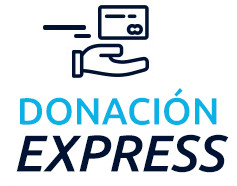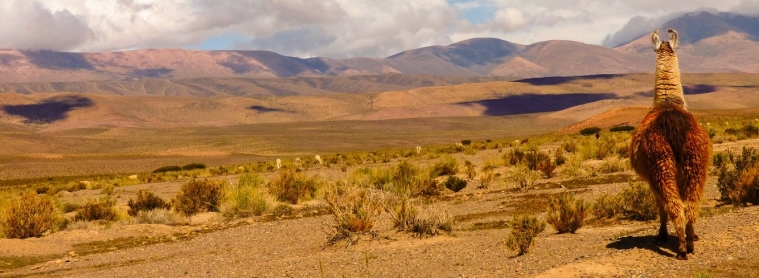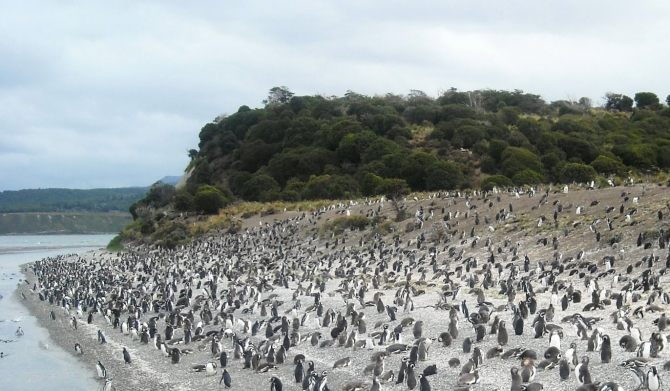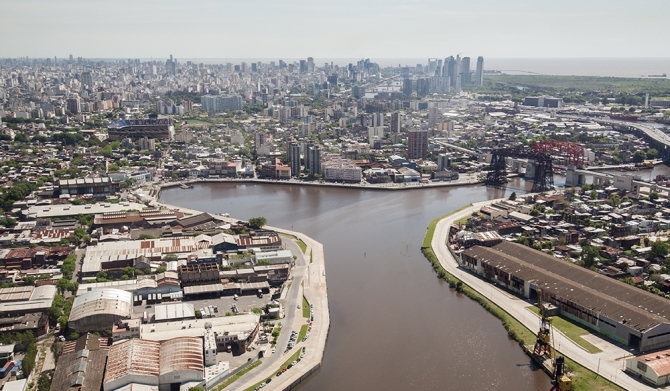FARN - Fundación Ambiente y Recursos Naturales
We aim at the collective construction of a democratic and participatory citizenship, with public policies in favor of sustainable development. We do this through political, institutional and social advocacy in the public agenda. So that environmental issues become State policy.
MISSION
We aim at a democratic, participatory society with a sustainable strategy in its public policies through the construction of knowledge on sustainable development, governance, environmental policy, pollution, conservation, trade, corporate social responsibility and social inclusion.
OBJECTIVES
- Work on consensus building for public and private policies related to the subject of its scope.
- To train social leaders in sustainable development at public and private levels.
- Promote access to information and participation in decision-making processes.
- Disseminate and promote legal tools for citizens to actively participate in the defense of their rights.
- Promote the generation of instruments that contribute to a better performance of authorities and citizens regarding the application and compliance of environmental norms.
Address: Sanchez de Bustamante 27
Ciudad Autónoma de Buenos Aires
54 11 4865-1707
Programs
-
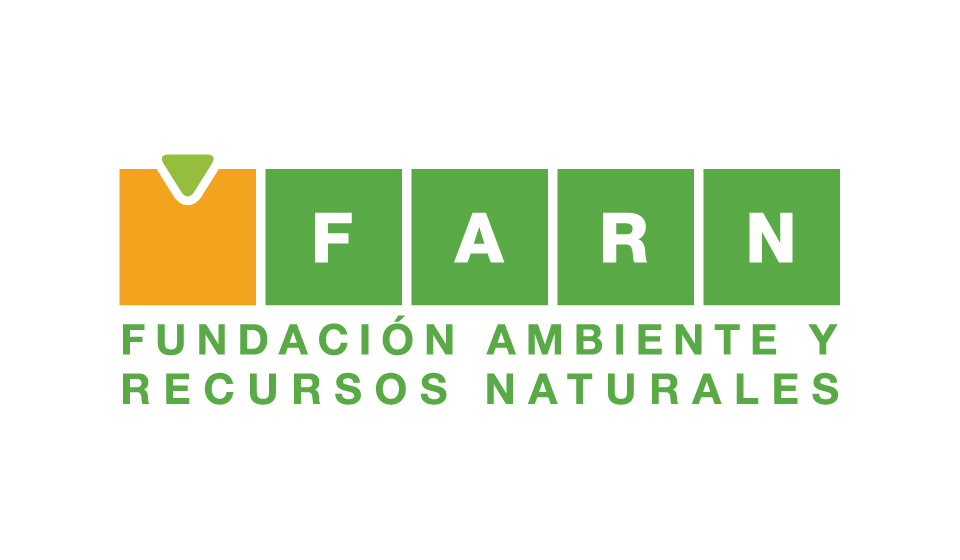
Ecological Restoration in the Santa Catalina Wetland
Since 2015, FARN collaborates with the Pilmayqueñ Organization and the Museum of Agrobotany, History, and Nature (MAgNa) of the Faculty of Agricultural Sciences of the Lomas de Zamora National University (UNLZ) in preserving the biocultural heritage of the Santa Catalina wetland in the Matanza-Riachuelo Basin (CMR) in the south suburbs of Greater Buenos Aires, Argentina.
-

Lithium and Salt Flats
FARN supports Indigenous communities in advocating for their land and environmental rights in a context where lithium mining is jeopardizing their livelihood and the ecosystems they inhabit. The organization’s work, includes strategic litigation and legal and administrative support, and promoting awareness about the lack of enforcement of Indigenous peoples’ rights to consultation and free, prior and informed consent regarding environmental matters and environmental impact processes. The goal is to strengthen their capacities to exercise their rights effectively.
-

Environmental Defenders and the Escazú Agreement
The Escazu Agreement is the Regional Agreement on Access to Information, Public Participation and Access to Justice in Environmental Matters in Latin America and the Caribbean. It is the first environmental treaty to promote these fundamental rights at the regional level and the first in the world to establish - in a binding manner - clear guarantees for the protection of human rights defenders on environmental issues. This is extremely important in a region with deep-rooted inequality, democratic and economic fragility, and a growing socio-environmental conflict that is a high risk for people who defend nature and the rights of their communities and which maintains difficulties in access to information and participation. The Escazú Agreement bridges the environmental issue and the human rights perspective.
-

FARN Environmental Report
This annual publication compiles articles that address the current state of affairs in environmental issues in Argentina. It is among the most reputable and long-established documents in this field.
-

Slowing and delaying the expansion of fossil fuels in Argentina
One of the economic activities most responsible for the current ecological and climate crisis is the extraction of fossil fuels. Fossil fuels represent 86% of Argentina's primary energy matrix. During the last few years, the contribution of conventional fossil fuels has also decreased in the country in favor of the growth of unconventional extraction from the formation of Vaca Muerta and the attempts to expand offshore exploitation of the Western and Southern Malvinas basins towards the Nor Argentina Basin.
-

Internationl Environmental Negotiations
Humanity is facing an unprecedented triple planetary crisis: climate, biodiversity loss and land degradation. This is undoubtedly the greatest survival threat we face, threatening ecosystems and human well-being.
-

Mendoza-Riachuelo Basin Class Action
Since 2002, through various institutional bodies, we have maintained our commitment to the clean-up of the Riachuelo, the most polluted river basin in Argentina and one of the most polluted in the world, which covers 64 km, around 14 municipalities in Buenos Aires and the Autonomous City of Buenos Aires, and in which approximately 4,5 million people live.
-

Legal Clinic in Environmental Law
Since 2006, through an agreement between FARN and the Faculty of Law of the University of Buenos Aires (UBA), the Legal Clinic in Environmental Law has offered free legal counselling to individuals and communities affected by environmental issues and whose access to justice to advocate for their right to a healthy environment has been particularly restricted. Cases of public interest that can serve as legal precedents to strengthen case law through social and institutional impact are given top priority.
